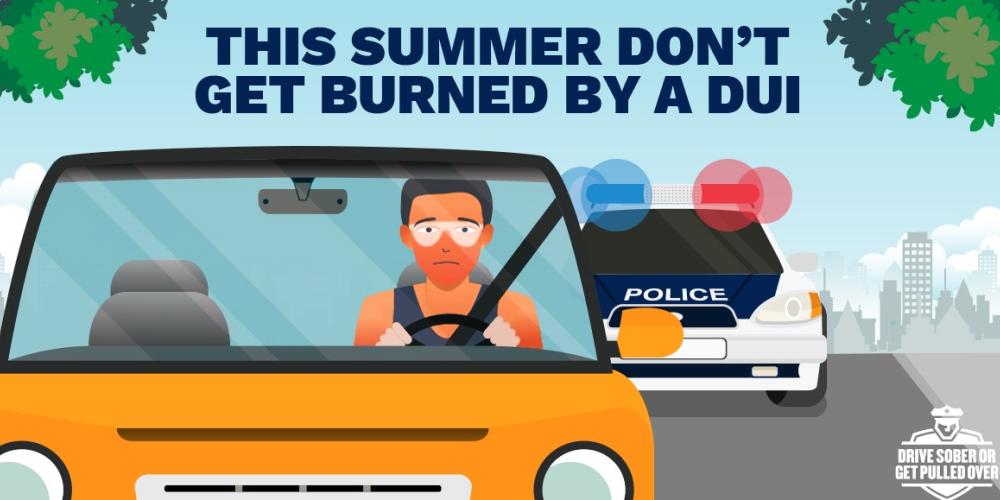
The U.S. Department of Transportation’s National Highway Traffic Safety Administration (NHTSA) kicked off its annual “Drive Sober or Get Pulled Over” Labor Day national enforcement mobilization campaign on Tuesday.
Data shows that impaired driving is on the rise. Fatalities in alcohol-impaired-driving crashes increased by 14.2% from 2020 to 2021, as compared to a 10.1% increase in overall traffic fatalities from 2020 to 2021. And two-thirds of drunk driving crash fatalities in 2021 involved a driver with a blood alcohol concentration of .15 or more, nearly twice the legal limit of impairment. Those crashes killed 9,027 people in 2021.
“Impaired drivers put everyone, including themselves, at risk,” NHTSA Acting Administrator Ann Carlson said. “We’re asking everyone to arrange for a sober ride home. It’s a matter of life and death.”
NHTSA data shows that historically summer months tend to be more dangerous on the road. In 2021, drunk driving accounted for 31% of traffic crash fatalities. In 2021, 13,384 people were killed in alcohol-impaired-driving crashes, an average of one alcohol-impaired-driving fatality every 39 minutes, up from 2020, when one person was killed every 45 minutes in an impaired-driving crash in the United States.
The enforcement effort will be supported by a $13.8 million paid media campaign using a mix of television, radio, digital, social media and billboards to educate drivers about the dangers of impaired driving. As part of the high-visibility enforcement campaign, law enforcement officers will be working with their communities from Aug. 18 through Sept. 4 to stop impaired driving.
To address the issue, the U.S. DOT launched the National Roadway Safety Strategy last year. The department’s efforts on safer drivers is part of an overall strategy to combat traffic fatalities.
For the latest available data on impaired driving, visit 2021 Alcohol-Impaired Driving.



Submit your comment
In order to receive a reply to your comment, please provide an email address.